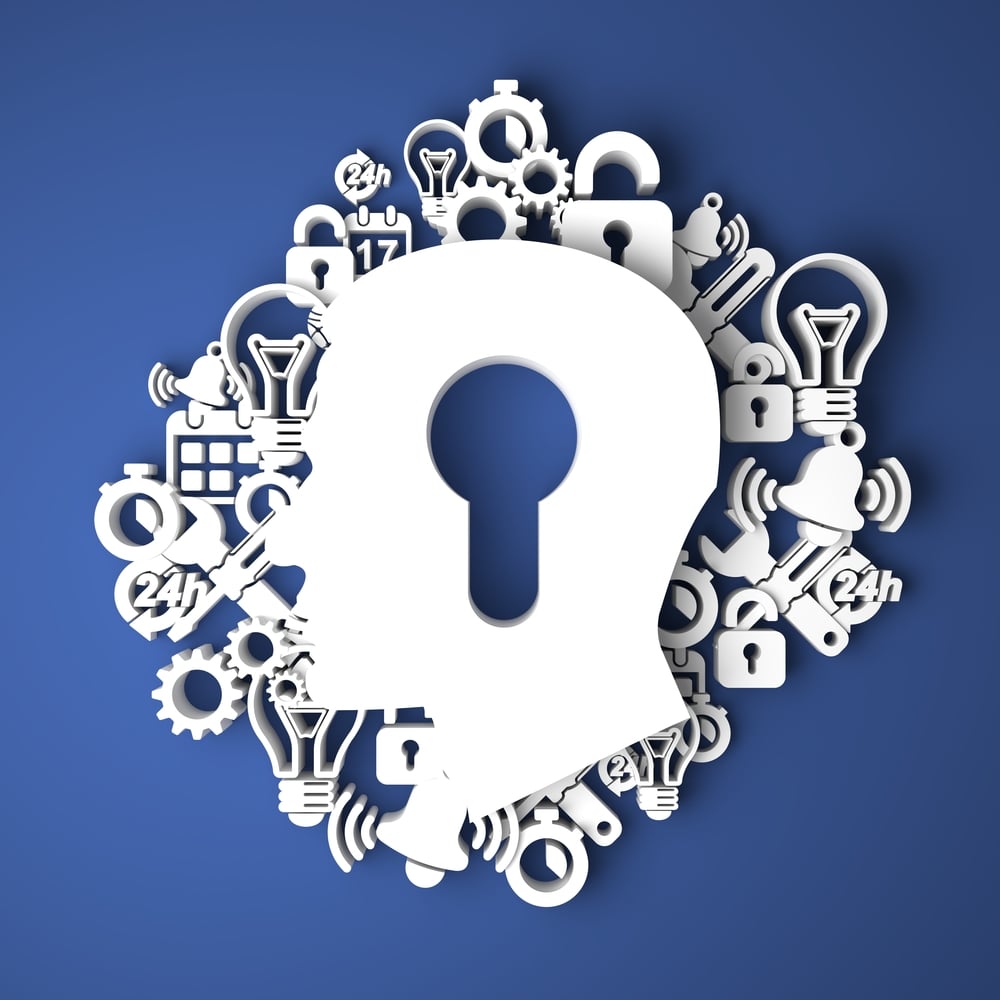Is your Extended DISC® Assessment a personality or behavioral assessment? What's the difference?
Personality and behavior are two aspects of who you are. People sometimes use them interchangeably, but there is a difference. Tools truly measuring personality and tools measuring behaviors are not the same. Let's start with personality assessments.
Personality assessments
 According to the American Psychology Association, personality refers to "individual differences in characteristic patterns of thinking, feeling and behaving". Some of these traits are developed and some are inherent. They essentially make up who you are in your environment.
According to the American Psychology Association, personality refers to "individual differences in characteristic patterns of thinking, feeling and behaving". Some of these traits are developed and some are inherent. They essentially make up who you are in your environment.
Personality assessments are often used to help people create more self-awareness; better understanding their strengths, challenges, and natural preferences. They may identify a high or low score in regard to a person's specific traits such as, introversion or extroversion. They can take longer to assess and harder to validate. In addition, the depth of information produced may not be required to support individual workplace development.
Behavioral assessments
![]() The American Psychology Association defines behavior as "any action or function that can be objectively observed or measured in response to controlled stimuli." Behavior is essentially how you react internally (thoughts and feelings) and externally (your current environment).
The American Psychology Association defines behavior as "any action or function that can be objectively observed or measured in response to controlled stimuli." Behavior is essentially how you react internally (thoughts and feelings) and externally (your current environment).
DISC helps to predict your natural behavioral style; your most comfortable ways of doing things. Typically, you use your natural style the most and it doesn't take energy. You don't have to think about these behaviors; you just do them. Under pressure, you are likely to fall back on your natural behaviors because your energy is diverted to managing the pressure. Ever heard the saying, "under pressure you tend to become more of who you are?"
Not all DISC tools are the same
 Even so, there are different DISC tools out there, but they don't necessarily measure the same things. Some only measure a person's conscious behavioral style. We call this your adjusted or role behavior. Your adjusted style is based on how you perceive you need to adjust your behaviors to better suit your current environment. It changes as the demands of your environment change.
Even so, there are different DISC tools out there, but they don't necessarily measure the same things. Some only measure a person's conscious behavioral style. We call this your adjusted or role behavior. Your adjusted style is based on how you perceive you need to adjust your behaviors to better suit your current environment. It changes as the demands of your environment change.
Extended DISC measures your adjusted style; however, it specifically focuses on your natural hard-wired style; your most comfortable ways of doing things. It zeroes in on your deeper unconscious level, independent of the environment. It predicts how you prefer to make decisions, communicate, show up under pressure, etc.
The combination of adjusted and natural styles enables you to better understand your true areas of strengths and challenges. You can make better decisions on how to adjust your style and be more successful.
In addition to behaviors, everyone has behavioral filters. They may include your culture, attitudes, skills, experience, and knowledge. They influence how you show up; however, they are not measured by DISC.
Personality vs. Behavior
 Your personality forms very early in your life through a combination of genetic, cultural, and environmental factors. On the other hand, your natural hardwired behavior tends develop over time and tends to stabilize once you reach adulthood. Your adjusted behaviors continue to change in response to your current surroundings.
Your personality forms very early in your life through a combination of genetic, cultural, and environmental factors. On the other hand, your natural hardwired behavior tends develop over time and tends to stabilize once you reach adulthood. Your adjusted behaviors continue to change in response to your current surroundings.
You observe a person's personality through their thinking, emotional patterns, and behaviors; whereas, you observe behavior by evaluating a person's patterns in their actions and mannerisms. Behaviors, essentially make up one aspect of your personality. That's why it's critical to use DISC as supportive data and not as a sole reason for making decisions about a person.
Personality determines your particular ways of acting, feeling, and thinking. Behaviors are tied to your actions. A simple summary of the difference is behavior is what you do and personality is how you think, do, and feel. Does that help?
